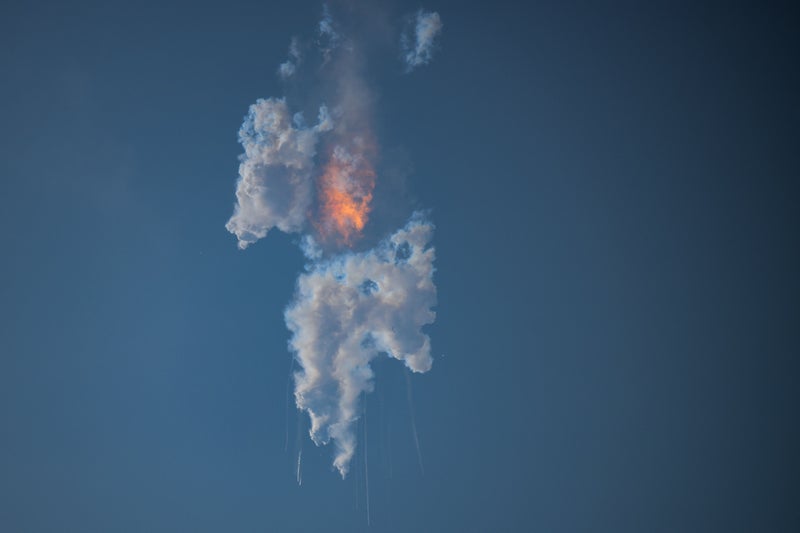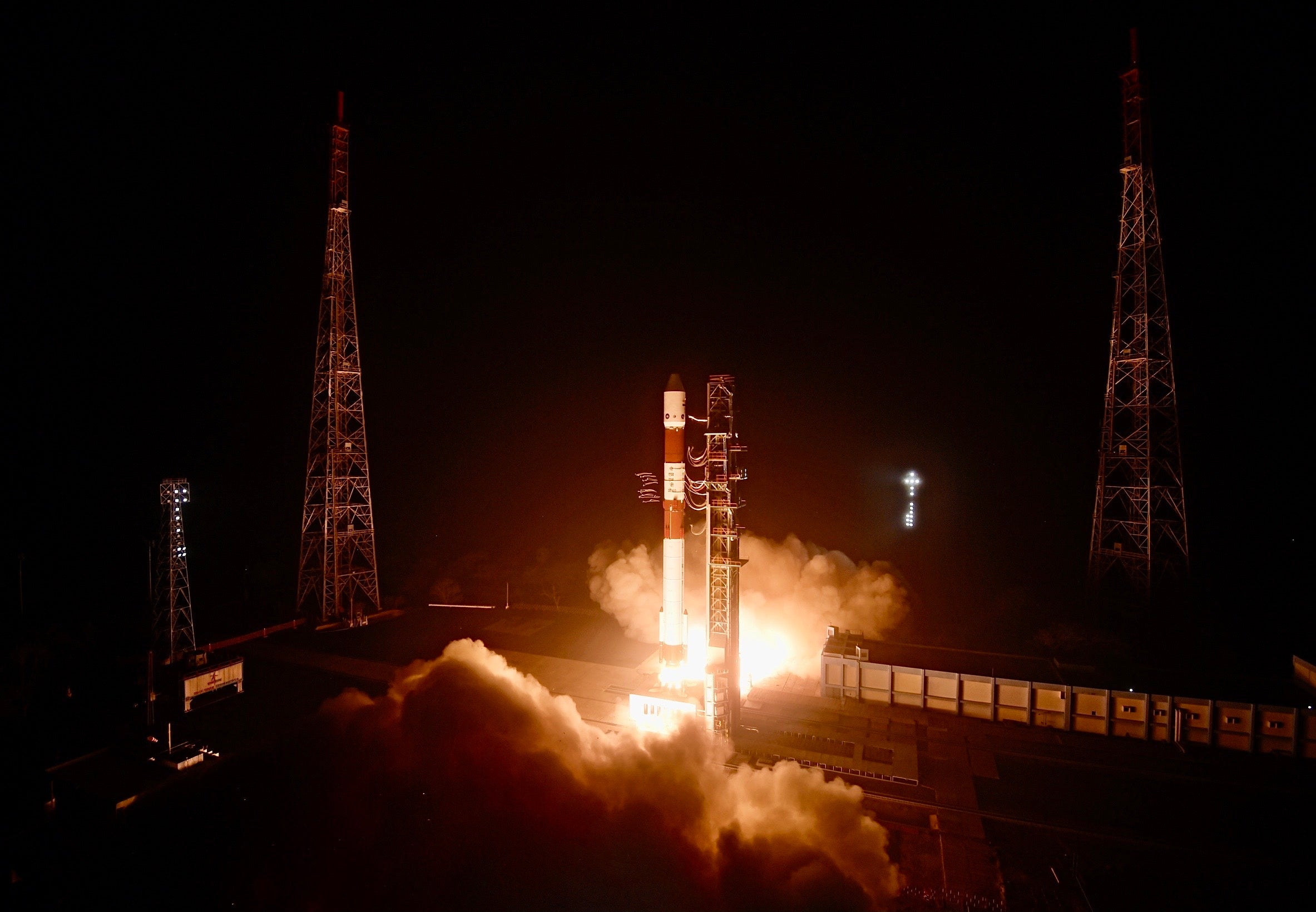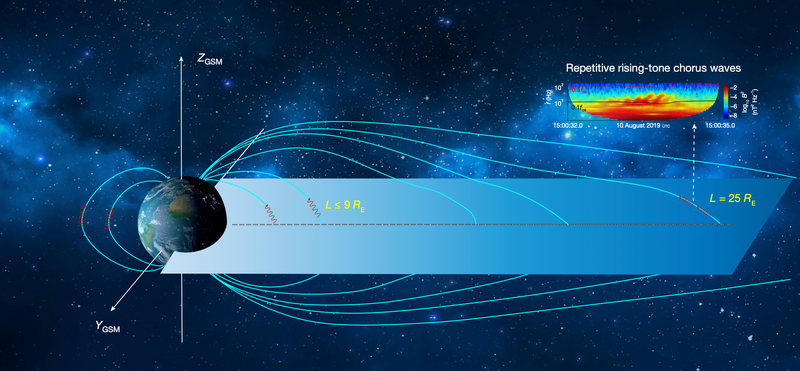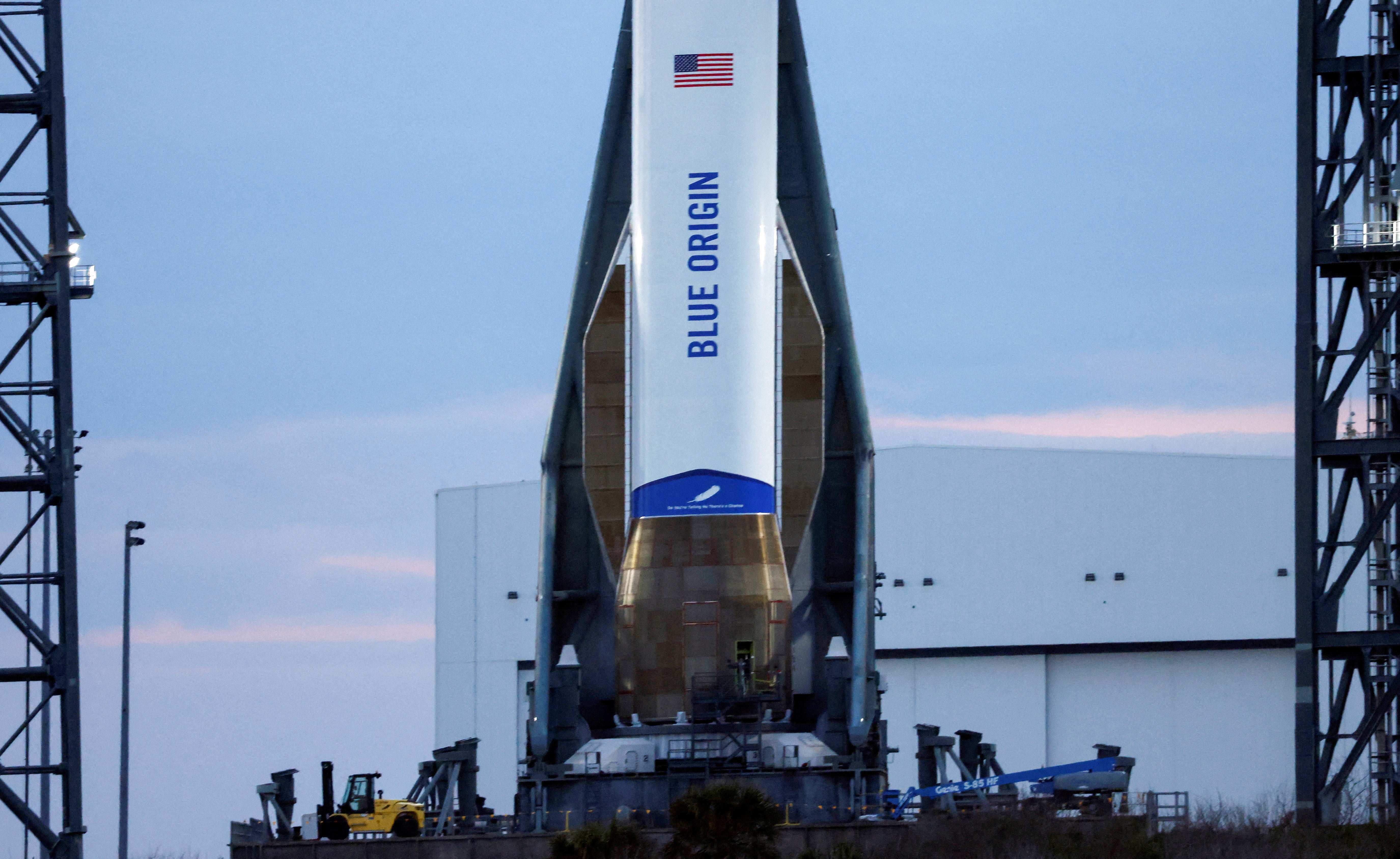Substantial chance that rocket debris will fall into busy flight path, researchers say
Substantial chance that rocket debris will fall into busy flight path, researchers say
Share:
Out-of-control rockets can lead to closed airspace and a risk of major disruption, researchers warn. There is a one in four chance that a rocket debris could fall into a busy flight path, according to a new study. There is very little chance that any of that space junk could actually hit a plane. But there is a high and increasing chance that it could fall into busy flightpaths and cause planes to be diverted as well as other disruptions.
The researchers point to the example of a 2022 incident in which a 20-tonne piece of rocket fell back down in southern Europe and airspace had to be closed. Every year, flights and rocket launches increase. Last year, there were 258 successful rocket launches and a record 120 uncontrolled re-entries by rockets – and there are more than 2,300 rocket bodies still in orbit. That means that the danger of the two interacting is also increasing, the authors warn – and they say that the space industry is not doing enough to keep people safe, instead pushing that risk onto airlines.
Each year, there is only a one in 430,000 chance that a rocket will actually collide with a plane, the researchers say. But if there is even a chance of such a disaster, authorities have to decide whether to take the risk ro shut their airspace, neither of which is optimal. “The recent explosion of a SpaceX Starship shortly after launch demonstrated the challenges of having to suddenly close airspace,” said first author Ewan Wright, from the University of British Columbia.
“The authorities set up a ‘keep out’ zone for aircraft, many of which had to turn around or divert their flight path. And this was a situation where we had good information about where the rocket debris was likely to come down, which is not the case for uncontrolled debris re-entering the atmosphere from orbit.”. The researchers say that the space industry should act on that risk, ensuring that their rockets are built to come back down in a controlled way and splash safely into the ocean. But that would require countries to come together and require space agencies and private companies to take on that risk, they warn.






















